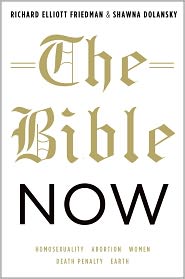From Gilgamesh to Wall Street
In Economics of Good and Evil, Tomas Sedlacek asks: does it pay to be good? In order to answer this question, he looks at the way societies have reconciled their moral values with economic forces. He explores economic ideas in world literature, from concepts of productivity and employment in Gilgamesh to consumerism in Fight Club.













